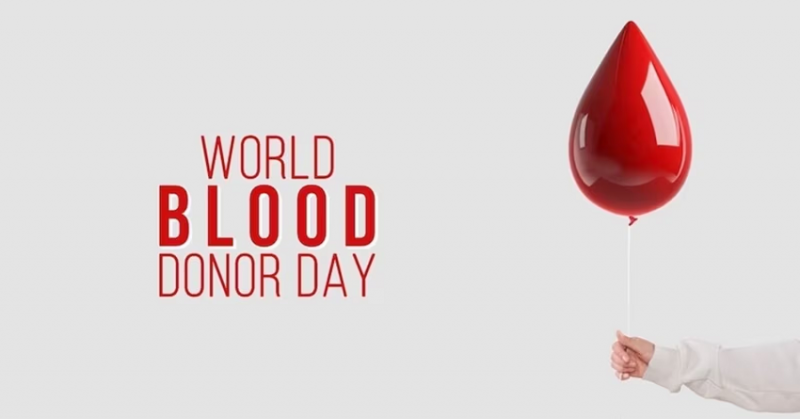
Access to safe blood supplies is limited, especially in developing countries. To address the global demand for blood and raise awareness about voluntary blood donation, the World Health Organization (WHO) declared June 14 as World Blood Donor Day in May 2015. Since then, WHO member countries have been promoting blood donation programs to ensure a steady supply of safe blood.
Understanding Blood Groups
The human body contains about 4.5-5.5 liters of blood, categorized into four main types: A, B, O, and AB. Each type is further divided based on the Rh factor into positive and negative, resulting in eight blood types:
A-positive (A+)
A-negative (A-)
B-positive (B+)
B-negative (B-)
AB-positive (AB+)
AB-negative (AB-)
O-positive (O+)
O-negative (O-)
O Rh-negative individuals are considered universal donors, while AB Rh-positive individuals are universal recipients.
Key Facts About Blood Donation
Health Benefits of Donating Blood
While donating blood helps recipients, it also offers health benefits to donors, such as:
World Blood Donor Day is a time to raise awareness and encourage systematic blood donations globally. Stay informed about local blood donation programs and consider volunteering to donate. Your contribution can save lives and enhance your own well-being.
Blood Donor Day 2024: There is never a Wrong Time to Do A Right Thing!
Diabetic Patients Should Avoid These 3 Things to Prevent Sugar Level Increase
How To Keep Up Nutrient Deficiency in Control: Overcoming a Silent Health Crisis